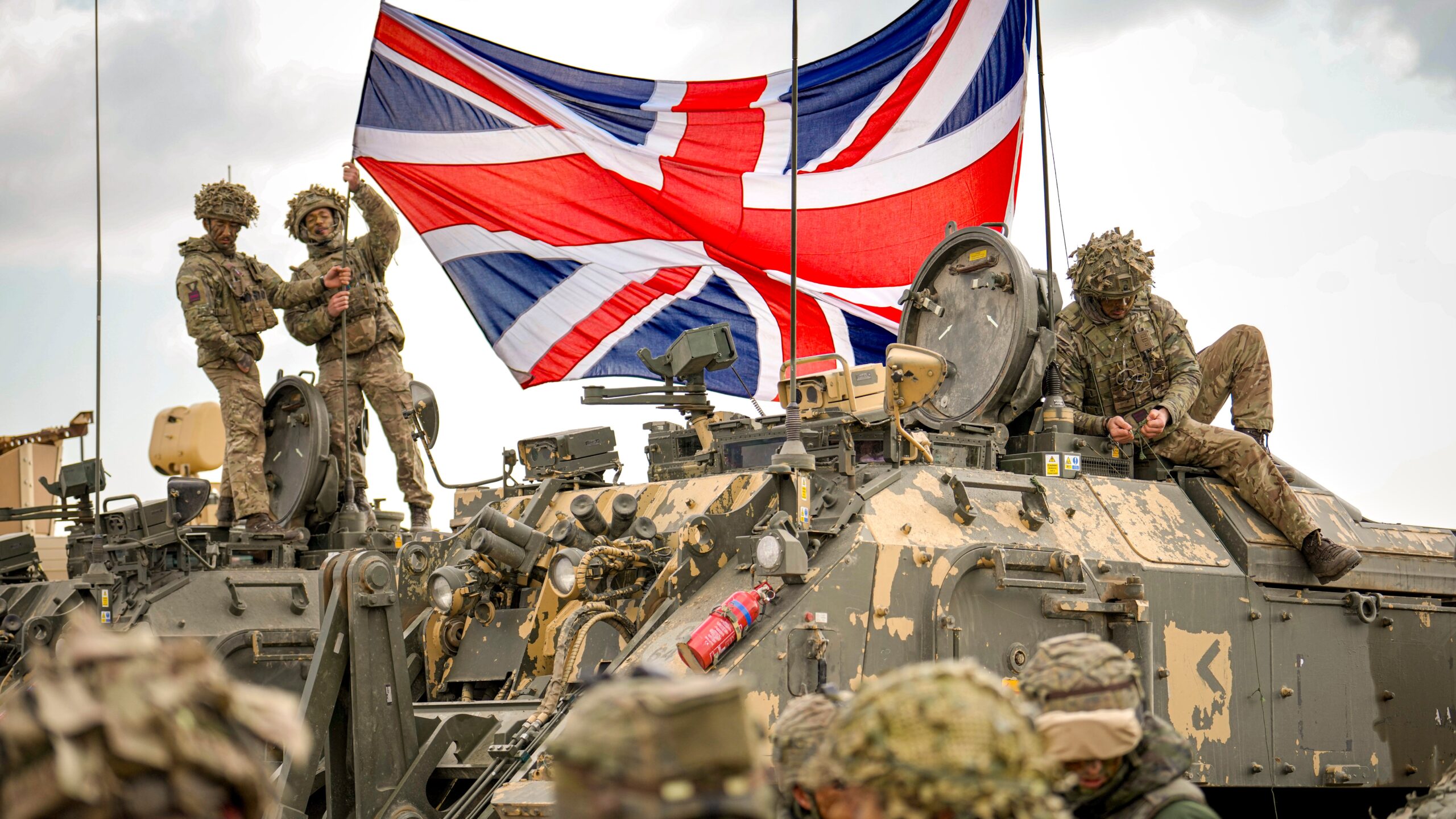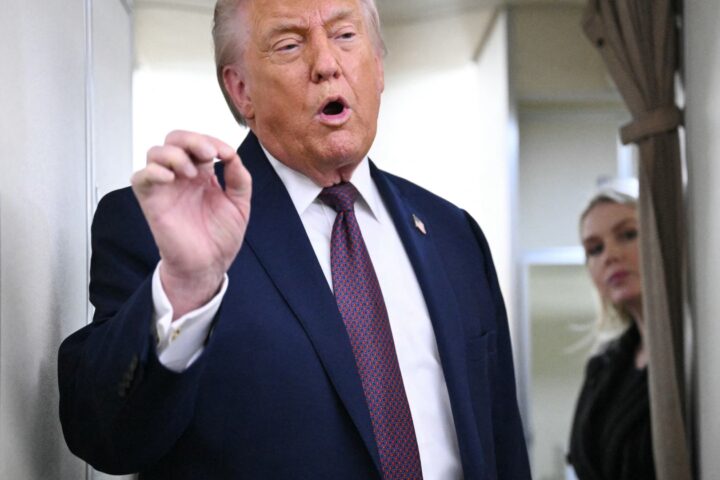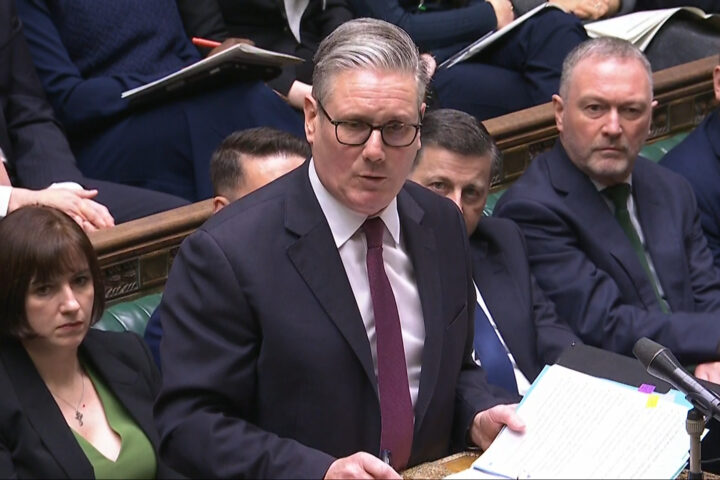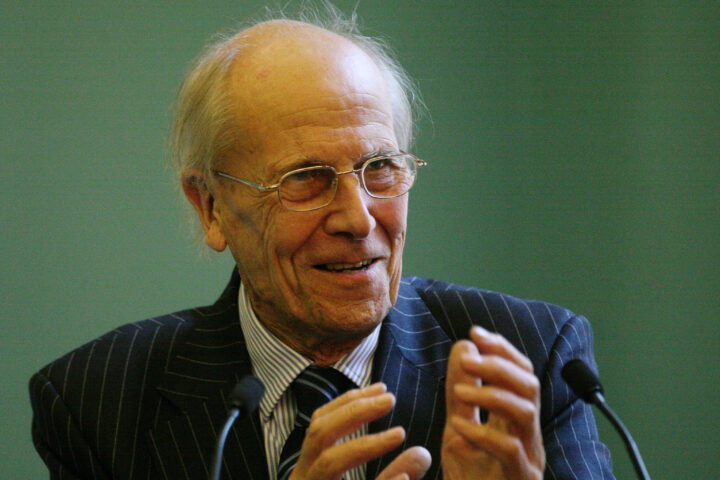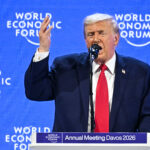The United Kingdom has abandoned its initial proposal to send a 30,000-strong military contingent to Ukraine, opting instead for what Prime Minister Keir Starmer described as a more “realistic mission” focused on airspace patrols, troop training and maritime demining. The decision followed a virtual meeting on 13 August 2025 between Starmer, US President Donald Trump and European Union leaders, during which London outlined revised plans for a “coalition of the willing” to operate in Ukraine after a ceasefire agreement is reached, according to The Times.
Shift from large-scale deployment to targeted operations
The revised UK proposal envisions coalition aircraft — potentially Typhoon or F-35 jets — patrolling Ukrainian airspace over the country’s western regions to deter potential attacks and restore confidence in international flights. In addition, coalition forces would help train Ukrainian troops and conduct demining operations in the Black Sea to secure shipping lanes to and from Ukrainian ports. The move is intended to provide immediate and practical security benefits while avoiding the political and logistical risks of a large ground force stationed in Ukraine’s urban and port areas.
US hesitation limits European commitment
The idea of deploying “deterrence forces” to Ukraine had been jointly promoted by France and the UK since late 2024, with the aim of making any renewed Russian aggression prohibitively costly. However, Starmer has made clear that London would not commit troops without US security guarantees. The Trump administration has so far shown little enthusiasm for such guarantees, leading several European governments to cite escalation risks as a reason to withhold participation in a large-scale mission. Washington’s position remains pivotal, with the scope and mandate of the coalition still under discussion.
Ceasefire security remains a key challenge
With a high likelihood that hostilities could be frozen rather than fully resolved, Kyiv and its partners face the challenge of ensuring that any peace is durable. NATO membership, widely viewed as the most robust guarantee for Ukraine, remains unlikely in the short to medium term, making deterrence forces one of the few tools available to dissuade Moscow from breaking a future ceasefire. Analysts stress that the mission’s mandate must be clear and robust — monitoring alone would be insufficient, and forces must be ready to respond alongside Ukraine’s armed forces to any violations of a peace deal.
European security interests at stake
European leaders are urged to make the case to their citizens that investing in Ukraine’s security is an investment in their own. While deploying national troops remains politically sensitive, alternative contributions could include financing the recruitment of experienced foreign volunteers — such as retired pilots or missile system operators — who require minimal retraining to operate advanced weaponry. Supporters argue that such measures could offset Ukraine’s manpower shortages without triggering domestic backlash in contributing states.
